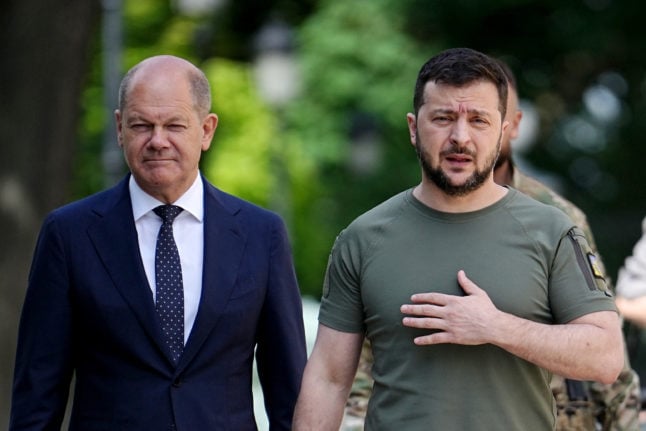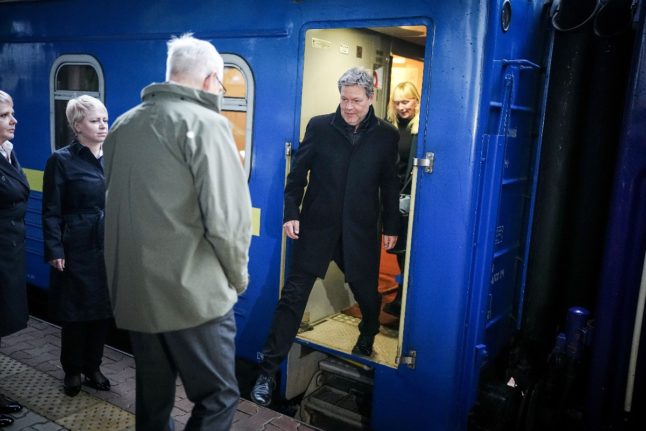Combining financial assistance, humanitarian aid, and weapon deliveries put together, the German government has sent €5.45 billion directly to Ukraine this year.
It’s also channeled a further €7.15 billion to help fund EU initiatives for Ukraine, making for a combined total of €12.6 billion in German support. According to the Ukraine Support Tracker by the Institute for World Economy (IfW) in Kiel, that’s the second-highest out of any country since they started measuring in late January.
The USA comes in first at €47.8 billion, with France and the UK in third and fourth with around €7 billion each. When taken together, EU institutions and member states have provided €51.8 billion in assistance to Ukraine.
But study authors say that while the EU will roll out another €18 billion support package for Ukraine in 2023, the speed of German weapons deliveries could be greatly improved.
“With massive Russian air raids on civilian infrastructure, Ukraine urgently needs emergency power generators, transformers, and capacity to deal with the cold and long power outages. So far though, Germany has delivered only one out the five IRIS-T air defense systems it’s promised,” says study lead Christoph Trebesch with IfW.
So Germany’s one of Ukraine’s biggest supporters?
In terms of absolute numbers, it certainly is – but a closer look at the figures tells a slightly different story.
When measured against the weight of its economy – the fourth largest in the world – Germany’s contribution lags well behind other countries. Here, the Baltic states of Estonia, Latvia, and Lithuania, alongside Poland and Slovakia, make up Ukraine’s top five supporters relative to the size of their economies. On this measure, Germany doesn’t even make the top 15 countries.
“Germany has shown it can easily mobilise its own spending, whether that’s €100 billion for the ‘Zeitenwende’ of defense spending or the €200 billion in energy relief,” says Minna Alander, a specialist in German foreign policy who recently joined the Finnish Institute of International Affairs after more than ten years working in Berlin. “That’s a crushing comparison when you consider the money it’s given to Ukraine.”
READ ALSO: Zeitenwende: How war in Ukraine has sparked a historic shift in Germany



 Please whitelist us to continue reading.
Please whitelist us to continue reading.
What about the hundreds of billions in extra energy costs?